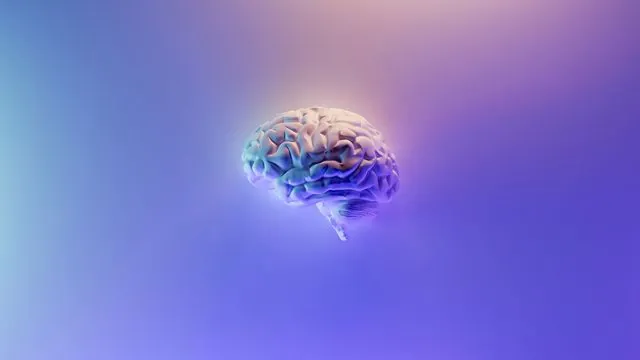
Revolutionary Noninvasive Brain Manipulation Promises to Transform Human Learning
2024-12-10
Author: Charlotte
Introduction
Imagine a world where you could enhance your brain’s ability to learn new concepts or even treat mental health disorders without undergoing invasive surgery. This futuristic vision is edging closer to reality, thanks to groundbreaking research led by Coraline Iordan, an assistant professor at the University of Rochester. Her team has unveiled a method to manipulate brain activity patterns noninvasively, allowing for enhanced learning capabilities and potential treatments for conditions like depression and autism.
The Novel Approach to Learning
Traditionally, learning is the result of experience, study, or instruction that alters brain function. However, Iordan and her collaborators from Yale and Princeton have taken a novel approach, described as "sculpting," whereby they can influence brain activity through external manipulation and real-time feedback. Their findings are published in the esteemed *Proceedings of the National Academy of Sciences*.
“Not only can we adjust complex brain patterns to align with known ones, but we can also inscribe completely new patterns, measuring their effects on behavior for the first time,” Iordan states.
The Process of Brain Sculpting
In their experiment, researchers utilized functional magnetic resonance imaging (fMRI) to monitor brain activity in real-time as participants attempted to manipulate visual representations of abstract shapes reflected in a mirror. Participants were tasked to alter how the shapes appeared, using only their thoughts to generate a mental state that would influence the neural patterns, with no prior knowledge of how to achieve that state.
“It’s fascinating that individuals were able to engage with and learn new visual categories without being consciously aware of them. This suggests that implicit processing in psychology extends to the formation of new neural representations,” remarks Jonathan Cohen, a cognitive neuroscientist at Princeton.
Participants received immediate feedback through the fMRI, which provided rewards for successfully aligning their mental representation with the designated brain activity pattern. Such motivation may have resulted in financial incentives, cultivating a competitive spirit during the six sessions of the study.
Implications for Mental Health and Learning
The implications of this research are profound. As scientists continue to delve into the workings of the brain in various neuropsychological conditions, methods like Iordan’s could radically alter treatment approaches. By reshaping the neural patterns of patients to resemble those of neurotypical individuals, this research could lead to innovative therapeutic techniques.
“This study demonstrates the remarkable potential of brain training through real-time neurofeedback. By teaching individuals to create mental categories that influence behavior, we essentially redefine our understanding of learning mechanisms,” notes Nicholas Turk-Browne, psychologist at Yale University.
Iordan's research could inform the future design of brain-computer interfaces and novel clinical interventions, reshaping therapeutic practices as we know them. “We’ve tapped into the fundamental structures of learning within the brain in a unique way, which could eventually allow us to address far more complex learning challenges,” she adds.
Conclusion
As we stand on the brink of these fascinating advancements, the potential to sculpt understanding and reshape cognitive patterns could signal a new chapter not just in learning, but in the way we approach mental health treatment. The future looks bright, and the possibilities are limitless.









 Brasil (PT)
Brasil (PT)
 Canada (EN)
Canada (EN)
 Chile (ES)
Chile (ES)
 España (ES)
España (ES)
 France (FR)
France (FR)
 Hong Kong (EN)
Hong Kong (EN)
 Italia (IT)
Italia (IT)
 日本 (JA)
日本 (JA)
 Magyarország (HU)
Magyarország (HU)
 Norge (NO)
Norge (NO)
 Polska (PL)
Polska (PL)
 Schweiz (DE)
Schweiz (DE)
 Singapore (EN)
Singapore (EN)
 Sverige (SV)
Sverige (SV)
 Suomi (FI)
Suomi (FI)
 Türkiye (TR)
Türkiye (TR)